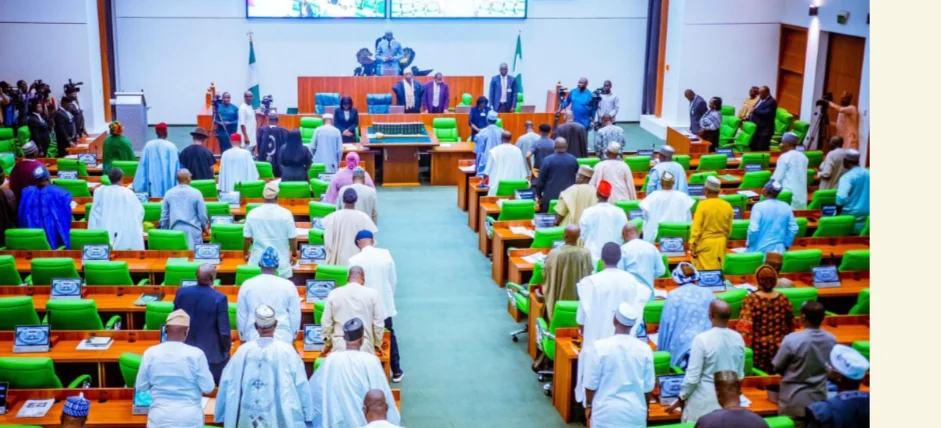Nigerian Senate Approves Electric Vehicle Transition Bill Amid Tinubu’s CNG Drive
The Nigerian Senate has approved for second reading, the Electric Vehicle Transition and Green Mobility Bill, a landmark legislation aimed at phasing out petrol and diesel vehicles in favour of eco-friendly electric vehicles (EVs).
Sponsored by Senator Orji Uzor Kalu, the bill seeks to accelerate Nigeria’s shift toward green mobility, modernise the automotive industry, and promote environmental sustainability. Its passage comes as President Bola Tinubu intensifies efforts to promote Compressed Natural Gas (CNG) adoption under the Presidential CNG Initiative (PCNGI), a key component of the country’s clean energy agenda.
Driving Nigeria Toward an Electric Future
The Electric Vehicle Transition and Green Mobility Bill establishes a comprehensive policy framework to guide Nigeria’s move from fossil fuel-powered vehicles to electric mobility.
If passed into law, the bill will:
- Phase out petrol and diesel vehicles in favour of electric alternatives.
- Encourage local EV manufacturing to position Nigeria as a regional leader in the African EV market.
- Offer incentives to investors, importers, and users, including tax holidays, import duty waivers, road tax reliefs, toll exemptions, and government subsidies.
These measures aim to attract both local and foreign investment in the EV ecosystem, reduce carbon emissions, and create jobs in automotive production, battery technology, and renewable energy infrastructure.
Local Manufacturing Mandate and Compliance Rules
To strengthen domestic capacity, the bill includes strict provisions for foreign electric vehicle manufacturers operating in Nigeria. Within three years of entering the market, foreign EV makers will be required to:
- Partner with local assemblers and set up assembly plants in Nigeria.
- Source at least 30% of raw materials locally, stimulating industrial growth and supply chain development.
Each approved local EV manufacturer must also produce a minimum of 5,000 units annually, adhering to international safety and technical standards.
Failure to comply will attract heavy penalties, including fines of up to ₦500 million and confiscation of unlicensed imports.
CNG Transition: Nigeria’s Parallel Clean Energy Strategy
The Electric Vehicle Transition Bill complements President Tinubu’s CNG initiative, launched in August 2024. The Presidential CNG Initiative (PCNGI) seeks to convert petrol-powered vehicles to CNG, providing Nigerians with a cleaner, cheaper alternative fuel while the EV ecosystem matures.
According to the government, the goal is to “power Nigeria’s transportation sector with a clean energy source” while ensuring the transition remains affordable and accessible.
By running both CNG and EV adoption concurrently, Nigeria aims to reduce its carbon footprint, diversify energy usage, and lessen dependence on imported petrol.
Building a Sustainable and Competitive Auto Sector
The Electric Vehicle Transition and Green Mobility Bill signals Nigeria’s intent to join the global race toward sustainable transportation. With policies encouraging innovation, local manufacturing, and private sector investment, the bill positions the country to become a key player in Africa’s green automotive revolution.
As Nigeria aligns EV policy with CNG adoption, the nation is taking concrete steps to create a resilient, low-carbon transportation system that drives economic growth and environmental responsibility.











